Film review: The tragedy that was George Best
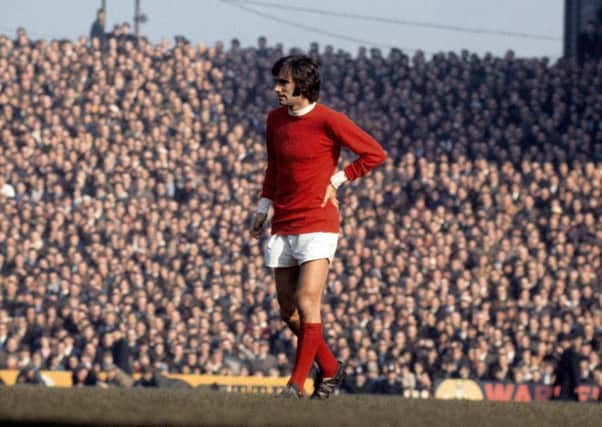

Off it there was not any one - no family, friends or advisors - who could stop him slowly killing himself.
It’s a depressing truism made no less tragic by the 10-year passage of time since his death.
Advertisement
Hide AdAdvertisement
Hide AdThe adoration, glitz, glamour and ultimate wretched decline of Britain’s first pop-culture footballer is chronicled in a new documentary being screened across the country.
At first sight the production seems to bear an odd title: BEST (George Best: All By Himself.)
At the centre of the football world for so long, when could he ever have been on his own?
There’s only one reference in the 92-minute feature film to this theme, made after he had scored a solo goal that today’s Lionel Messi and Cristiano Ronaldo might struggle to replicate.
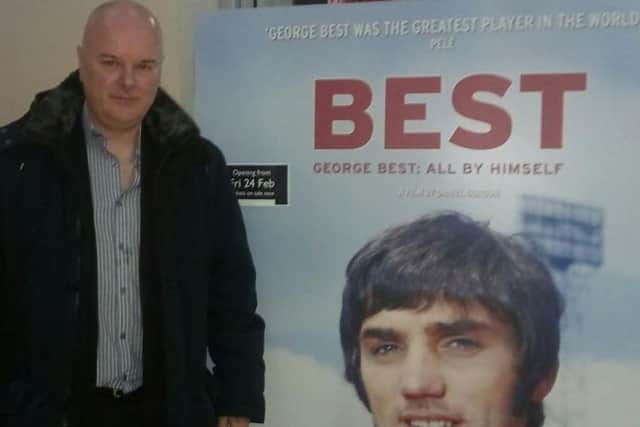

Advertisement
Hide AdAdvertisement
Hide AdBut ‘All By Himself,’ screened this week at Sheffield’s Showroom Theatre, is a discreet message.
By nature, George was a very much an individual, a self-centred person.
He did things HIS way and that should have included taking personal responsibility for the alcoholism that claimed his life a decade ago.
While BAFTA-nominated director Daniel Gordon’s film explores whether wives, sports acquaintances and pals could have done more to save him from himself, Best died a lonely death only he could have prevented. He, all by himself.
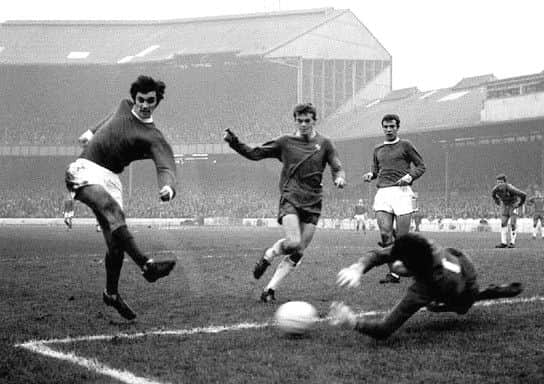

Tackling alcoholism was his biggest challenge. He failed.
Let me declare an interest, at this point.
Advertisement
Hide AdAdvertisement
Hide AdIn the 1970s, as a star-struck Manchester United fan, I used to cycle to Best’s house in Bramhall, and stake-out his driveway, hoping for a glimpse of the ‘Beatle’-soccer player, a new generation of hero who was gracing grounds across the nation.
Best lived his life in a goldfish bowl.
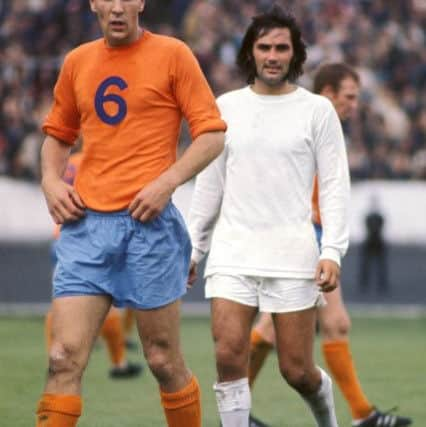

And me and my biking companion, Gary Thompson, were part of that invasion of his privacy.
Sometimes we’d spy him twitch open the vertical blinds and the great man’s gaze would fall upon us.
But not for long. His focus would then fall on one of the mini-skirted young women who were hoping to gain entrance to the Prince’s palace.
We never saw one turned away.
Advertisement
Hide AdAdvertisement
Hide AdAt this time in his life, short of walking on water, there seemed nothing this Northern Irishman could not achieve.
He won the ultimate club prize, the European Cup, and had other trophies and awards falling in his lap.
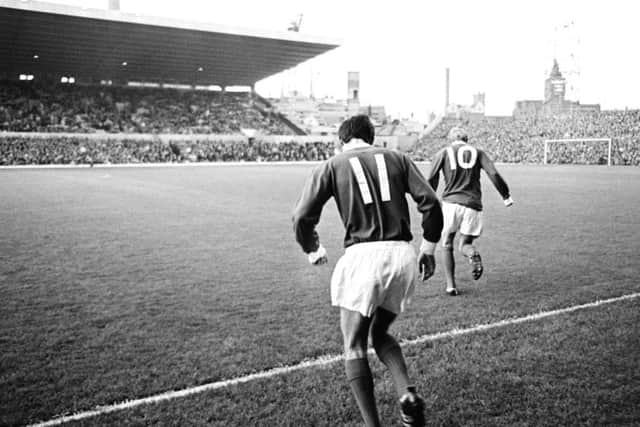

Away from the field of play, his business interests were booming, thanks in part to the acolytes who invested his earnings.
His champagne lifestyle became embossed in his personal brand.
Advertisement
Hide AdAdvertisement
Hide AdSurely, there is no harm in a young man relaxing with a drink or two after a match?
The quantity and regularity of what turned out to be days-long sprees, though, affected his health and commitment to a club that brought him over from Belfast as a raw teenager.
He tried his luck away from Old Trafford.
Other than Manchester United, he played for a dizzying 18 teams.
None sustained his appetite for sport or diminished his addiction to the bottle.
Advertisement
Hide AdAdvertisement
Hide AdAfter his career fizzled out, my own path crossed his for one last time.
As a reporter for The Star, Sheffield, in 1993 I was summoned to attend a press conference at Sheffield City Hall, thrown by George and another glamour player of the past, Rodney Marsh. They were promoting a UK tour of roadshow dates.
They say never meet your hero.
George was sat at a table, throwing wine down his throat. He seemed oblivious to the questions and questioners.
When he did reply, it was an incoherent ramble.
He showed no respect or interest in those who had come to hear his words.
Advertisement
Hide AdAdvertisement
Hide AdThe young skinny boy with the world at his feet had become a boorish drunk.
Gordon’s film acknowledges this, as you’d expect. You feel nothing but sympathy for his wives Angela and Alex.
Like the my own press conference experience in 1993, I found the intelligently-produced film, engrossing but also depressing. Shocking, even, at the end.
The last ever photograph of Best demonstrated how his weakness for booze had ravaged his own body.
Advertisement
Hide AdAdvertisement
Hide AdA beautiful young man had become a bloated, yellowed corpse.
George Best, born 22 May, 1946. Died 25 November 2005, aged 59.
Not just any old footballer. But, tragically, just any old alcoholic.
*BEST (George Best: All By Himself) was directed by Sheffield’s Daniel Gordon and is jointly presented by ESPN Films, the BBC and Northern Ireland Screen.